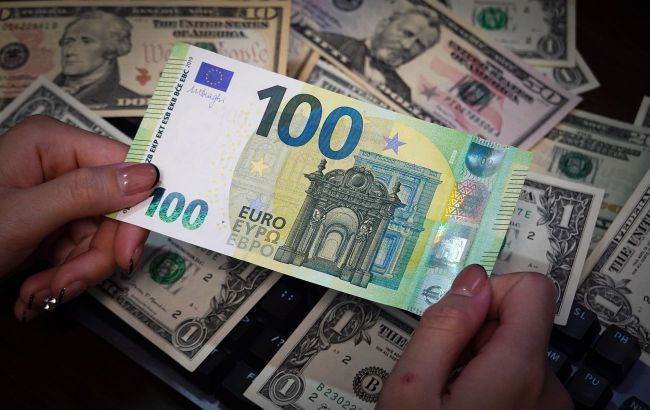EU plans €140B loan to Ukraine using frozen Russian assets – Politico
 Photo: The EU is preparing a €140 billion loan to Ukraine from frozen Russian assets (Getty Images)
Photo: The EU is preparing a €140 billion loan to Ukraine from frozen Russian assets (Getty Images)
The European Commission has prepared a proposal to use frozen Russian assets to finance a new €140 billion loan to Ukraine, Politico reports.
The idea was presented to national capitals ahead of Friday's meeting of EU ambassadors, where they will prepare the groundwork for next week's summit of European leaders in Copenhagen.
According to the plan, Ukraine will repay the funds only after the end of the war with Russia and the receipt of post-war reparations. In this case, the EU will reimburse Euroclear, the Belgian financial company that owns the assets.
The Commission noted that the loan should be provided in tranches and used both for defense cooperation and to support Kyiv's regular budgetary needs.
Russia's frozen assets
After Russia's full-scale invasion of Ukraine in February 2022, Western countries imposed sweeping sanctions against the Russian government, banks, oligarchs, and Kremlin-linked companies.
One of the key instruments of the sanctions was the freezing of Russia's assets abroad, including the foreign exchange reserves of the Russian central bank, real estate, accounts in Western banks, and other financial instruments.
According to estimates by the International Monetary Fund and analysts, as of 2024-2025, the volume of frozen assets exceeds $300-350 billion, although accurate data is difficult to confirm, as some of Russia's funds were held in various jurisdictions.
The EU is discussing the idea of using frozen Russian assets to provide Ukraine with a reparations loan. This loan will only be repaid after Ukraine receives compensation from Russia.
Recently, Reuters reported that Ukraine could receive $300 billion in funding without directly confiscating Russian assets. The money will go toward defense and covering the budget deficit.

